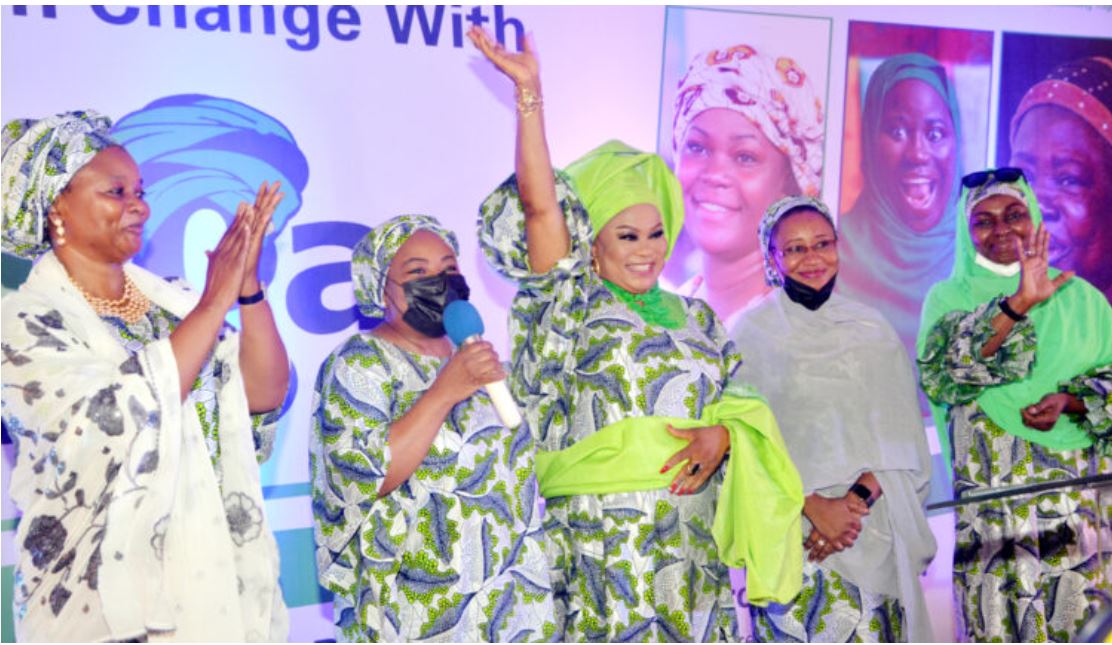The Unity Bank Plc and the Association of Nigerian Women Business Network (ANWBN) have formed a partnership to support Nigerian women’s entrepreneurship.
Over 90 women’s groups have been reached, and over 5,000 women have been empowered through the partnership’s targeted savings product, the Yanga Account, which offers comprehensive benefits.
Unity Bank introduced the Yanga Account to members of different women’s business groups at a recent forum in Abuja. Presented under the banner of “Building Sustainable Entrepreneurial and Financial Skills for Women in Challenging Times,” the forum emphasised the benefits of the Yanga Account for female entrepreneurs.
Read also: Three African women using social media to provide tech education
A full suite of services tailored to the unique requirements of women company owners is available through the Yanga Account, which will debut in 2021. One of the main features is capacity building. The MSME Financing Schemes programme equips women with the information and skills they need to succeed in business—the opportunity to access financing solutions designed specifically for women-owned micro, small, and medium-sized businesses. Microloans with reasonable interest rates and affordable health insurance are part of this. Women business owners can take advantage of Yanga Account-specific health insurance plans and money management resources. The programme teaches women how to handle the money side of their businesses.
The partnership’s success was highlighted by Mrs Adenike Abimbola, Unity Bank’s Divisional Head of Retail and SME Banking. She emphasised that the Yanga Account has already helped more than 5,000 women by providing them with access to credit, training in new skills, and other helpful resources.
ANWBN appreciates Unity Bank
Ms. Angela Ajala, the National Coordinator of ANWBN, thanked Unity Bank for their support on behalf of the association. Noting that the Yanga Account is in line with ANWBN’s goal of providing women with the resources they need to succeed as business owners and financial leaders, she praised the initiative. The ANWBN network, which Ms. Ajala emphasised, includes more than 90 women’s business groups and has more than 5 million members altogether.
We are not alone in our efforts to form this partnership with ANWBN. One thousand women will be trained in software engineering through a recent partnership between Unity Bank and SkillPaddy. These joint initiatives highlight Unity Bank’s persistent dedication to advancing women’s rights and creating a more welcoming and prosperous business climate in Nigeria.
Read also: Top tech skills for women: breaking into the Industry with confidence
What ANWBN has set out to do for Nigerian women
In 2013, seventy women’s business associations in Nigeria came together to form the Association of Nigerian Women Business Network (ANWBN). Their mission is to support women’s sustainable entrepreneurial development through studies, lobbying and changes to policies. With the sole purpose of elevating women’s economic standing—which would subsequently benefit their families and the nation’s economy as a whole—this coalition came into being in a nation where women were still actively marginalised.
A policy that facilitates smooth trade is necessary, among other things, to address issues such as market access within Africa, logistics, payment, bureaucratic bottlenecks, and numerous offices. Policies regarding special exemptions for women-owned businesses, agricultural enterprises, and environmental-related firms should be based on gender-disaggregated data.
As a matter of policy, financial institutions and special tax incentives should have gender-segregated data. Taking the N25 million in expenses and requirements for female SMES and lowering them to N10 million. Make government regulators’ certification and licencing policies more operator-friendly by having clear policies with timelines. When needed, they should combine requirements and fine-tune their processes.
Our female population is skewed towards the agricultural sector. In order to keep production costs down, every zone should have at least one processing hub or centre with a quality assurance laboratory. Increase the representation of women by securing a final 35% agreement at the Beijing conference. All positions, whether elected or appointed, should reflect this.




